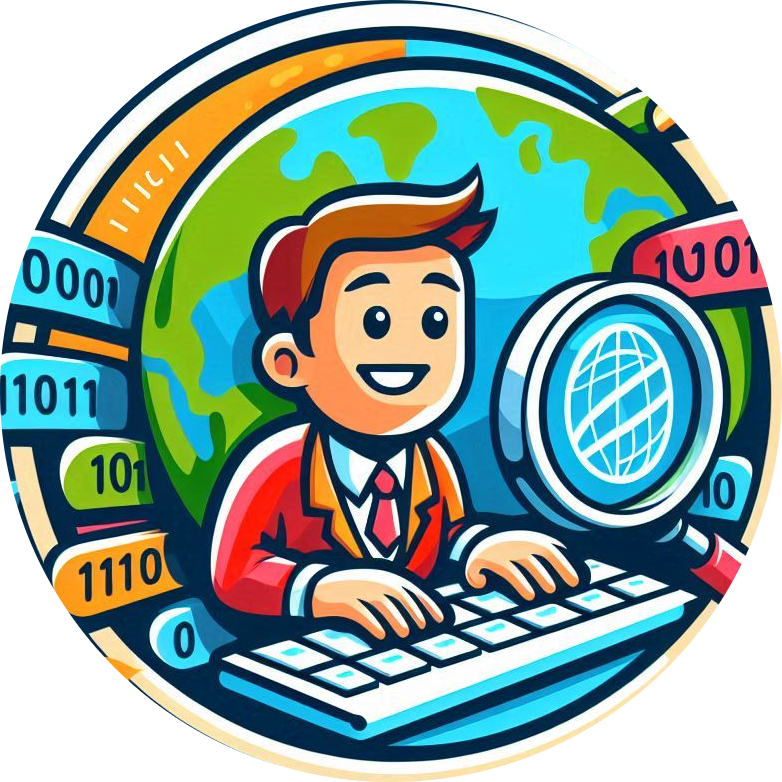Introduction
In an era where options are abundant and decision-making is a daily necessity, “overdecision making” has emerged as a silent struggle that affects many people. While the ability to make decisions is a cornerstone of human independence and responsibility, the act of making too many decisions in rapid succession can lead to mental fatigue, stress, and reduced overall effectiveness. This phenomenon is closely related to “decision fatigue,” but extends beyond the simple concept of making too many choices—it encompasses the constant pressure to make the right decision, often in the face of overwhelming options.
The Nature of Overdecision Making
Overdecision making occurs when individuals are faced with an excessive number of choices, each demanding careful consideration. It could manifest in professional, personal, or even trivial everyday situations. For example, a manager may need to make dozens of small decisions every day, such as assigning tasks, approving budgets, and resolving conflicts. Similarly, in personal life, individuals are often tasked with deciding on everything from what to wear, what to eat, or which route to take, to more significant choices like career changes or investment decisions. Over time, the sheer volume of decisions can wear down cognitive resources, making it harder to think critically, manage stress, or even enjoy the choices being made.
This pressure is intensified by modern lifestyles, where technology offers an endless array of information and opportunities. Social media, streaming services, and online shopping have made even simple decisions—like what movie to watch or which product to buy—into exhaustive processes, requiring careful comparison and review of options. Instead of feeling empowered by choice, people are often left feeling overwhelmed, uncertain, and dissatisfied.
The Psychological Costs of Overdecision Making
The effects of overdecision making can be subtle, but significant. Some of the key psychological costs include:
- Decision Fatigue: One of the most immediate effects of overdecision making is decision fatigue, where the ability to make well-thought-out choices deteriorates over time. Research has shown that after making a large number of decisions, people tend to resort to the path of least resistance, either by avoiding decisions entirely or making impulsive, often poor, choices.
- Stress and Anxiety: The constant need to evaluate multiple options can increase stress levels. This is exacerbated by the fear of making the wrong choice, particularly in high-stakes situations. Over time, this stress can lead to chronic anxiety, as individuals become overwhelmed by their decision-making responsibilities.
- Reduced Satisfaction: Paradoxically, having too many choices can lead to decreased satisfaction. When people are bombarded with options, they may second-guess their decisions, wondering if a different choice would have been better. This is known as the “paradox of choice,” where more options lead to less happiness and greater regret.
- Cognitive Overload: Constantly evaluating and deciding between options requires significant mental effort. When people are overburdened by decisions, their cognitive resources become depleted, making it harder to focus on other tasks, solve problems, or be creative.
The Workplace and Overdecision Making
In the professional world, overdecision making is particularly prevalent among managers, leaders, and executives who are expected to make a continuous stream of choices throughout the day. From strategic decisions to everyday operational tasks, leaders often face an overwhelming array of responsibilities that require immediate attention. This can lead to burnout, decreased job performance, and a loss of creativity.
Moreover, organizations that do not create clear decision-making frameworks risk overwhelming their employees with too many micro-decisions. When individuals at all levels are expected to weigh in on every matter, the decision-making process becomes unnecessarily complicated, slowing down productivity and morale.
How to Combat Overdecision Making
While it may be impossible to eliminate the need for decision-making entirely, there are several strategies that can help reduce the burden:
- Streamlining Choices: One of the most effective ways to combat overdecision making is to simplify the range of options available. By narrowing down choices or creating clear decision-making criteria, individuals can focus on what truly matters without being bogged down by trivial options.
- Establishing Routines: Routine can play a powerful role in reducing the number of decisions that need to be made. By automating daily tasks like what to wear or what to eat, individuals can conserve their mental energy for more important decisions.
- Delegation: For leaders and managers, learning to delegate decisions to others can relieve the burden. By empowering team members to make decisions within their own scope of work, leaders can focus on higher-level strategic choices.
- Setting Limits on Decision-Making Time: Instead of spending excessive amounts of time evaluating every option, setting time limits can force quicker, more efficient decision-making. This helps prevent overthinking and the analysis paralysis that comes from overdecision making.
- Prioritization: Recognizing that not all decisions carry the same weight is crucial. By identifying which decisions are high-priority and which are less important, individuals can allocate their cognitive resources more effectively.
- Mindfulness and Breaks: Taking regular mental breaks and practicing mindfulness can help restore cognitive resources, making it easier to return to decision-making tasks with a fresh perspective.
Conclusion
In a world where we are constantly bombarded by choices, overdecision making has become a hidden burden that can erode our mental well-being, satisfaction, and productivity. By recognizing the signs of overdecision making and adopting strategies to streamline choices, individuals can regain control over their cognitive resources, leading to better decisions and a more fulfilling life.


Leave a Reply